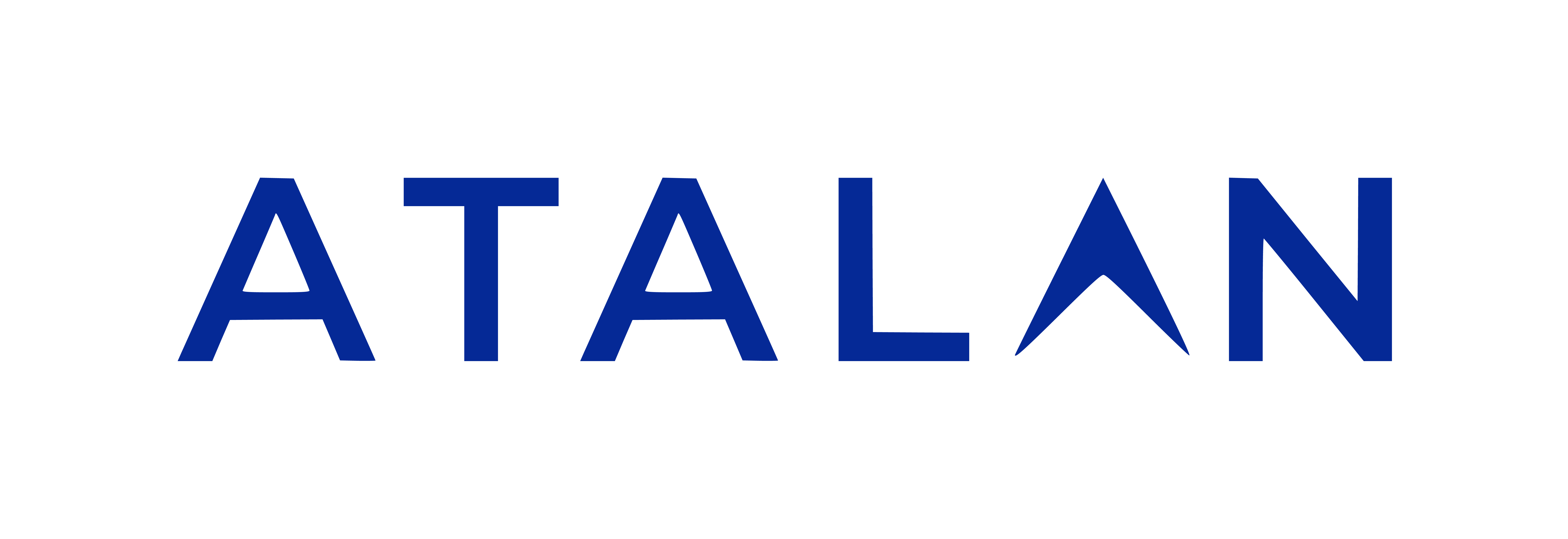The integration of technology is not just about innovation but about creating meaningful, sustainable changes that directly benefit those at the heart of healthcare: the clinicians. At Atalan, we harness the potential of artificial intelligence (AI) and machine learning (ML) to tackle one of the most pressing issues facing healthcare professionals today—clinician burnout.
Understanding AI and Machine Learning
Artificial Intelligence (AI) represents a broad domain of technology aimed at creating systems that can function intelligently and independently. At its core, AI involves machines that can mimic human cognitive functions such as understanding language, recognizing patterns, and making decisions. Machine Learning (ML), a critical subset of AI, takes this a step further by giving machines the ability to learn and improve from experience without being explicitly programmed. This is achieved through algorithms that digest and learn from large data sets, progressively improving their accuracy and effectiveness.
The Connection Between AI, ML, and Healthcare
In healthcare, AI and ML are not just about data processing; they are about transforming this data into knowledge that can preemptively address challenges such as clinician burnout. By understanding the relationship between various work-related factors and burnout, these technologies help predict potential issues before they become critical, thus supporting proactive interventions.
Atalan’s Ethical Approach to Technology
At Atalan, we’re driven by the mission to apply our scientific expertise ethically and responsibly. Our use of AI and ML revolves around creating platforms that respect and enhance the human elements of healthcare. We implement these technologies to predict work determinants of burnout and turnover risk, allowing healthcare systems to act early and effectively to mitigate these risks.
Our Research-Driven Methodology
Our approach is deeply rooted in rigorous research and empirical analysis. In a study involving a midsize healthcare organization with about 500 clinicians, we applied our ML models to predict turnover by analyzing standard medical billing and administrative data. Our model estimated the costs associated with burnout, not just from turnover but also from reduced patient satisfaction and the decreased productivity of affected clinicians. This comprehensive analysis equips healthcare leaders with the insights they need to implement cost-effective, well-timed preventative measures.
Enhancing Predictive Accuracy
Our ML models are trained on extensive historical data, enabling them to identify patterns that might indicate an increased risk of turnover. For example, using data from over ten years and 678 clinicians. There were 184 clinicians who had quit in the data, and we correctly labeled 152 of them as quitters for a sensitivity of 82.6%. This high level of accuracy in prediction allows for targeted interventions, minimizing the risk of burnout and its associated costs dramatically.
The Impact on Clinician Well-being
By predicting turnover months before it occurs, we provide healthcare systems with a valuable tool to prioritize and enhance clinician well-being. Early detection and intervention not only improve the work environment but also ensure that clinicians can continue to provide the best care to their patients without the overwhelming burden of burnout.
At Atalan, we are committed to advancing healthcare not just through technological innovation but through ethical, informed, and compassionate applications of AI and machine learning. Our focus on research and science ensures that our solutions are not only effective but are implemented with the utmost consideration for the individuals they affect.
To learn more about how Atalan can help your healthcare system predict and prevent clinician burnout and turnover, contact us for a consultation or download our detailed NBER research report. Together, we can make a significant impact on the well-being of your healthcare professionals and the quality of care they provide.

